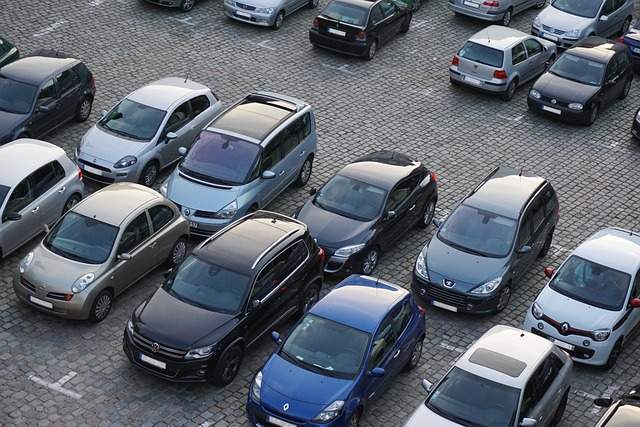Understanding Parking Immobilization Enforcement in Urban Areas
Parking Immobilization Enforcement MIAMI FLORIDA BOOT SYSTEM INC. / November 4, 2025

The Rationale Behind Parking Immobilization
Parking immobilization serves multiple purposes in urban contexts. Among the primary reasons for enforcing such measures are:
- Traffic management: By deterring illegal parking, cities can ensure smoother traffic flow and reduce congestion.
- Safety: Improperly parked vehicles can obstruct visibility for both pedestrians and drivers, increasing the risk of accidents.
- Accessibility: Reserved parking for disabled individuals and essential services must be maintained to ensure that urban spaces are accessible to all.
- Urban aesthetics: Well-regulated parking contributes to a cleaner, more organized city environment.
- Revenue generation: Fines collected from immobilized vehicles can be reinvested into public services and infrastructure.
Methods of Enforcement
Parking immobilization enforcement can take several forms, depending on local regulations and available technologies. Common methods include:
- Wheel clamps: These devices physically prevent vehicles from moving until the owner pays the necessary fines.
- Parking tickets: Issuing citations for violations is a standard practice, allowing vehicle owners to pay fines to resolve their infractions.
- Towing: In severe cases of illegal parking, authorities may tow vehicles, which incurs additional fees and complications for the owner.
- Surveillance technology: Many cities employ cameras and automated systems to monitor parking violations and identify offending vehicles.
- Mobile applications: Increasingly, cities are utilizing apps that allow users to report illegal parking, enhancing community involvement in enforcement.
The Impact on Urban Residents
The enforcement of parking immobilization has varied implications for urban residents. While it can lead to improved traffic conditions and enhanced safety, it may also create challenges:
- Increased stress: The fear of receiving fines or having one's vehicle immobilized can cause anxiety for drivers, particularly in busy city centers.
- Financial burden: Fines and fees associated with immobilization can disproportionately affect low-income individuals.
- Community relations: Perceptions of enforcement as overly aggressive can lead to tensions between residents and local authorities.
- Adaptation: Residents may need to adapt their parking habits, using public transportation or alternative solutions to avoid penalties.
- Public engagement: Successful enforcement often requires community support, necessitating transparent communication about regulations and their rationale.
Future Considerations
As urban areas continue to evolve, the approach to parking immobilization enforcement must also adapt. Potential future developments include:
- Integration of smart technologies to streamline enforcement processes.
- Community-driven initiatives that involve residents in policy-making.
- Enhanced public transportation options to reduce reliance on personal vehicles.
Ultimately, the effective implementation of parking immobilization enforcement can significantly enhance urban living by promoting safety, accessibility, and efficient traffic management. However, it is essential for cities to balance enforcement with community needs and to foster a cooperative relationship between residents and authorities.